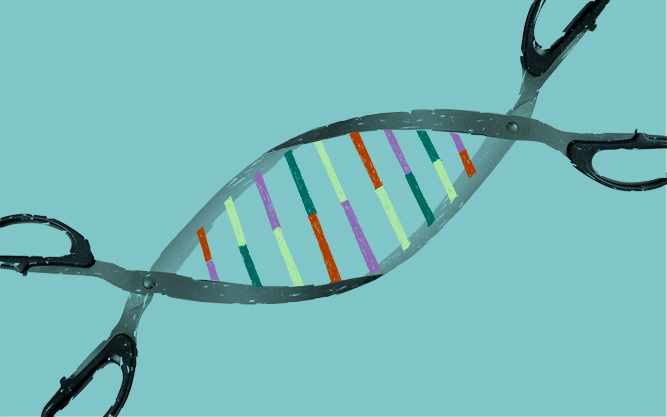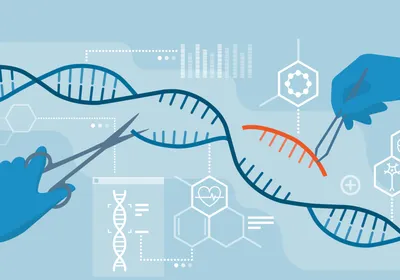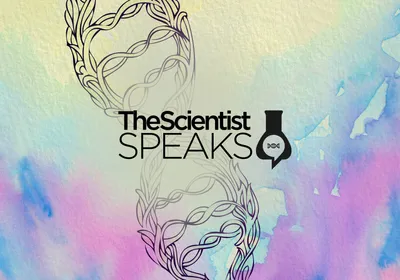 © BRYAN SATALINO
© BRYAN SATALINO
While new gene editing tools like CRISPR/Cas9 have made it easier to modify the genome, whether scientists should be permitted to modify human embryos is a hotly debated subject. One of the biggest concerns is the possibility of passing genetic modifications down to futures generations. Yesterday (February 14), a committee of experts appointed by the U.S. National Academy of Sciences (NAS) and the National Academy of Medicine released a report that broadly supports human germline editing, but only with substantial oversight.
In 2015, NAS organized a summit to discuss the ethics of embryo editing in response to the controversial study published by a Chinese group that attempted to use CRISPR/Cas9 to edit disease genes in embryos. At the time, the Organizing Committee released a statement ...





















